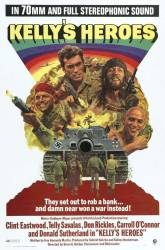
Trivia: As Oddball's Sherman tank rolls through a town, an old man gets up to look around the corner to observe the tanks passing through. After that scene, the old man had a heart attack and died immediately after. Donald Sutherland and members of the film crew tried to save him, but were unsuccessful. The film crew built the old man's coffin for his burial and the cast and crew raised money for his family. (01:30:00)
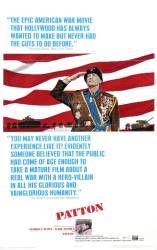
Trivia: As Patton and his convoy are coming into town, Patton's half-track mistakenly flattens a few live chickens. (00:16:55)
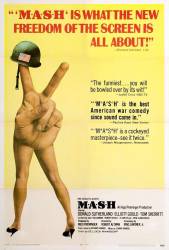
Trivia: Approximately half way through the movie, there's a shot of the moon with an announcement made over the system, as this was filmed on the exact same night that the first humans made their walk on the moon. From the audio commentary.
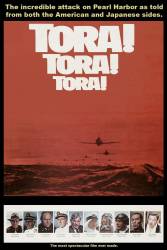
Trivia: Just before the attack starts, there is a scene where the Navy are performing their start of day ceremony. Watch the sailor who rings the bell. After he has finished he walks backwards and stumbles as he walks into a small raised item.
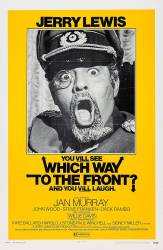
Trivia: The movie was not very popular in the US since it dealt with WWII and Nazis in a very unconventional way (for Americans), but it did enjoy great popularity in Europe.
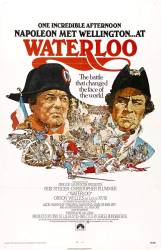
Trivia: All the extras (there were rather a lot of them) were made up of Soviet soldiers.
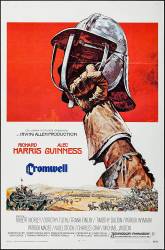
Trivia: After the execution of Charles I / Alec Guiness, Oliver Cromwell / Richard Harris returns to his home. Sitting by the fire, he is consoled by his wife: he can now put the cares and worries of war and politics behind him, and enjoy a quiet life as a country gentleman. This cosy domesticity is rudely interrupted when some of his old colleagues arrive to tell him tell him that he is now needed to run the country. He protests that, as a country gentleman he would be unfit for such a role, but he reluctantly assumes power. In fact, by the time of Charles I's execution Oliver Cromwell was one of the most powerful political figures and military commanders in Britain, and actively continued commanding armies in Ireland, Scotland and England, and involving himself in government. Although rejecting a suggestion that he should be crowned king (after much deliberation), he was quite willing to take the title of 'Lord Protector' and govern England, Scotland, Ireland and Wales until his death in 1658.